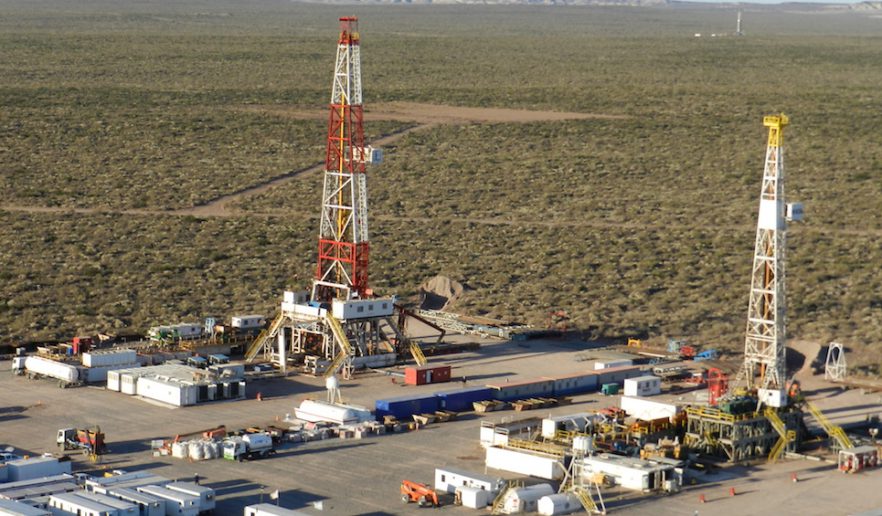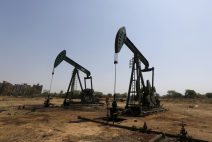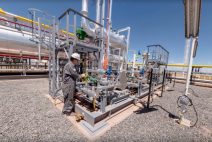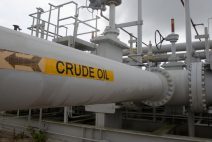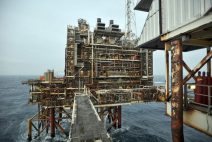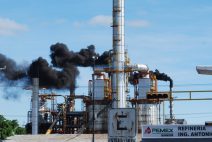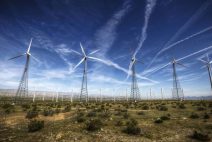Vaca Muerta is producing a record 91 million cubic meters of gas per day and in December will exceed the ceiling of 308,000 barrels of oil per day, said Omar Gutiérrez, governor of the Argentine province of Neuquen, where the unconventional formation is located.
The area, which has the second largest shale gas reserves and the fourth largest shale oil reserves in the world, is Argentina's great bet to reverse its energy deficit, although for the moment only 8% of its extension is under development, with investments of 5.5 billion dollars this year.
Exports from Vaca Muerta will be 2 billion dollars in 2022, almost five times the exports of the previous year, while the increase in production allowed the country to reduce energy imports by 4 billion dollars for the southern winter, explained Gutiérrez in an event at the headquarters of the Argentine Industrial Union (UIA), in Buenos Aires.
"Vaca Muerta generated that, instead of 52 ships (of liquefied natural gas, as in 2021) being imported, 22 ships were imported," he detailed.
Gutiérrez also highlighted the need to develop infrastructure such as gas and oil pipelines, which will allow increasing the transportation capacity from Vaca Muerta, both to increase local supply and to export.
The government of President Alberto Fernández made progress in the bidding process for the construction of a new gas pipeline that will link Vaca Muerta with the province of Buenos Aires in a first stage. The works would start in October.
Luis Betnaza, UIA executive and director of Techint, the company in charge of the supply of pipes and the construction of a large part of the gas pipeline, said that although there are "stressful logistics", they expect to arrive on schedule.
"We are talking about the fact that 180 trucks of pipe will have to leave the Valentín Alsina plant (in Buenos Aires) every day, with quite complex logistics," explained the executive of the group that controls global giants such as Ternium and Tenaris.
"400 new jobs have been taken, people have been trained, purchase orders have been placed for the sheet metal (...) to bring from Brazil in the coming months," he added.
Argentina imports around 20% of the gas it consumes. The gas pipeline will allow in the first stage to increase the transportation capacity from Vaca Muerta by 11 million cubic meters per day and will generate savings of about 2.2 billion dollars in imports in 2023, according to official estimates.
